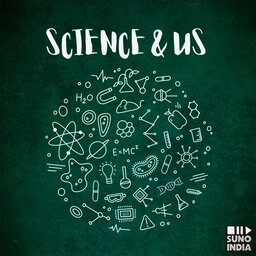
Science & Us
The podcast series 'Science and Us' explains how we understand science around us and how it impacts us every single day. It will demystify scientific concepts and explain the scientific logic behind them. 'Science and Us' explains the understanding of scientific principles in history and culture and also help bust myths about commonly held beliefs in cultures now.Social links:
Follow the podcast:
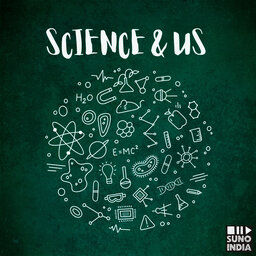
Why this simple solution helps prevent diarrhoeal deaths
On October 16, 2022, Dr Dilip Mahalanabis died in Kolkata. In 1971, he pioneered the use of oral rehydration therapy in refugee camps near Kolkata saving many lives. This was the first time it was used in a crisis setting. In this episode of Science and Us, Suno India’s Menaka Rao speaks to Dr Ra…
33:30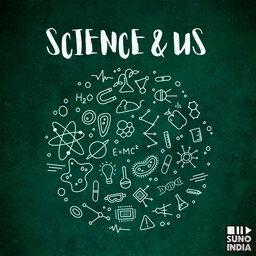
Forensic archeology helps unravel mystery of skeletons found in Punjab
In 2014, skeletons were found in the well in a Gurdwara in Ajnala area of Punjab. Who do the skeletons belong to? While historical records said that these could be Indian soldiers killed by the British during the 1857 armed uprising, there were several other theories about it. How did scientists go…
34:40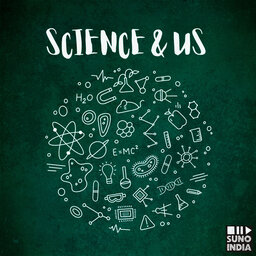
Why are cloudbursts the new normal?
In the past couple of decades, we have been hearing of cloudbursts in some part of the country or another. How is the Indian Meteorological Department studying this phenomenon? Why are these incidents increasing over a period of time, and what can be done to minimize the damages cloudbursts cause, …
33:40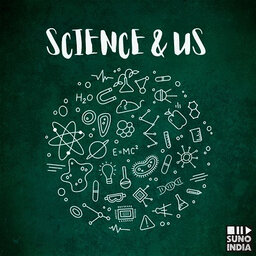
How climate change makes lightning our enemy as the no.1 natural killer
At 2000 deaths on an average per year, lightning kills more people than any other natural event or disaster. In this episode of Science & Us, we find out how climate change leads to an increase in lightning strikes, why it is not notified as a national disaster, and how we can protect ourselves fro…
30:00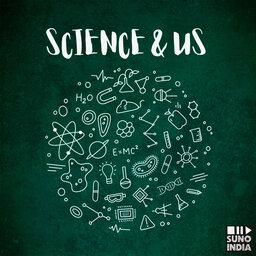
Want to speak with autistic kids? Make it musical
In this episode of Science and Us, we explore how music helps autistic children communicate with others. Suno India’s Menaka Rao speaks with Dr Nandini Chatterjee Singh, senior national programme officer, with Unesco Mahatma Institute of Education for Peace and Sustainable Development (MGIEP) whi…
29:20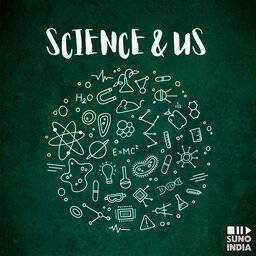
India's delay in dealing with nuclear waste could be costly
This April, Tamil Nadu Chief Minister Stalin met Prime Minister Narendra Modi in Delhi demanding that the spent fuel from India’s largest nuclear power plant in Tamil Nadu be dealt with. What has been the Indian government’s way of handling nuclear waste? How does it correspond with the way other c…
25:45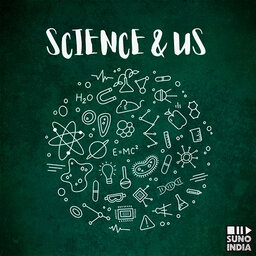
Queerness is everywhere but science is biased
This is the second in the two-part series on how gendered understanding of science affects the way research is conducted. In this episode, Suno India’s Menaka Rao speaks to Sayantan Datta about how the certainty of male-female binary affects the way science is done. Datta is a queer-trans scienc…
29:31
The invisible influence of sexism on science
March 8 is International Women’s day. We have two episodes this month on how gendered understanding of science affects the way research is conducted. The first episode describes the protests led by feminist organisations on the unethical trials on contraceptive injections starting from the 80s ti…
29:20
Is coconut oil the much-needed solution for our dandruff problems
What makes a healthy scalp? Scientists from the Indian Institutes of Science Education and Research (IISER), Bhopal are working on understanding the scalp microbiome of Indians, both healthy and dandruff-ridden. They have now hit upon the role of coconut oil in maintaining a healthy scalp. Dr Vinee…
22:25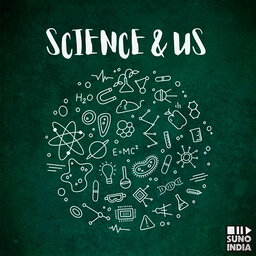
Researchers Debunk 185-Year Old Name Mix-Ups In Snake Species
While scientists discovered a new snake species in the southern Indian state of Tamilnadu, little did they know that this discovery would unearth a 185-year old problem of name mix-ups done in the past. In 2016, Deepak Veerappan, working with the Natural History Museum in London, received a new sna…
20:50
 Science & Us
Science & Us